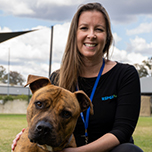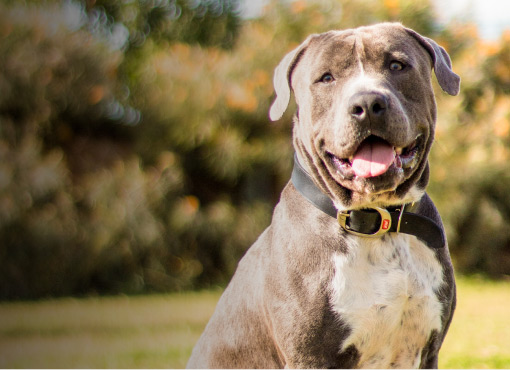In Queensland, anyone who breeds a dog must have a Supply Number (SN), also known as a Breeder Identification Number (BIN). Introduced in 2017, the system was designed so every puppy could be traced back to its breeder. The idea was simple, help the public identify responsible breeders and make it easier to take action against those who aren’t doing the right thing.
A Supply Number should give buyers confidence that the breeder is legitimate, and that the dogs have been bred responsibly. But in reality, the system isn’t living up to its promise.






